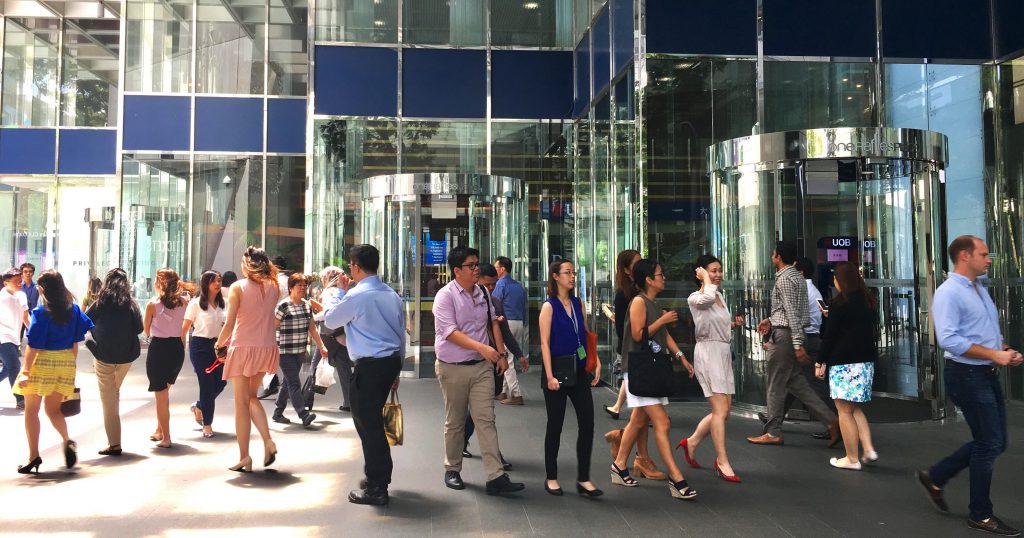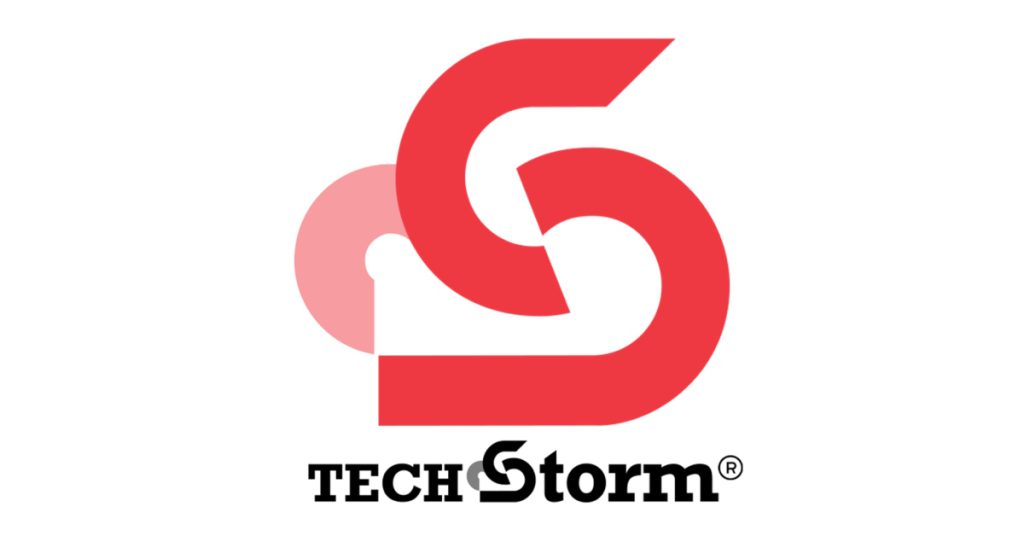How often is it that we get someone from corporate, entrepreneurship, a labour movement and non-profit speaking at the same panel?
Well, this was the case at “Reinvent, Reshape, Rebound”, an event organised by Linkked in collaboration with the Penn Wharton Alumni Association, part of a series that helps to facilitate connections amongst working professionals through workshops and networking events which are purposeful and structured.
Featuring panelists Shirish Apte, former CEO of Citigroup Asia Pacific, Patrick Tay, Member of Parliament and Assistant Secretary General of NTUC, Brett Alegre-Wood, Founder and Managing Director of YPC Group and entrepreneur, Karen Fernandez, former CEO of Aidha and the Make a Wish Foundation, and moderated by Shad Hashmi from BBC Worldwide, participants (and myself) were treated to over 2 hours of anecdotes and valuable lessons.

What stood out to me, especially since I’ve been covering news on the not-so optimistic status of Singapore’s labour market currently, were a few points which I felt are useful – not only to myself, but those currently working as well.
1. “We’re Living In Exciting Times…Not So Much In The Positive Sense.”
As NTUC’s Assistant Secretary General and a Member of Parliament, Patrick Tay is at a vantage point – being in touch with both the government and the ground.
When asked about the state of the labour market at the moment, he revealed that while we’re in “exciting times”, it’s not in a good way.
He mentions that this due to the rise of 3 “D”s – Demand, Demographics, and our favourite, Disruption.
In general, demand has dropped globally – in particular, oil prices, which has directly impacted a lot of offshore and marine companies. While the rest of us in other seemingly unrelated industries might think “Heng ah, at least it’s not us”, it actually brings about a lot of collateral damage, due to how oil prices affect the global economy.
There is a lot of uncertainty and doubt looming, and this has led to a surge of companies “recalibrating, restructuring, reorganising”. What this thus means for us, is that our job security is equally volatile.
Another “D” is disruption – a term we’ve heard to death.
Due to digitisation, mechanisation, robotisation and all of the other -tions you can think of, jobs are increasingly made irrelevant, and at the same time, people are suffering the same fate.
Lastly, demographics; which is a rather tricky one, since we can’t really change the make up of our population.
It’s nothing new that we have an ageing workforce, and are undergoing what Japan is facing now. Like a blessing and curse at the same time, we also have a highly-educated workforce, with over 50% being professionals, managers, executives and technicians. The numbers will soon hit 2/3 of our population, and this would also mean that many, many more high-skill jobs will need to be created to cater to these workers.
Even with a relatively high rate of female and older labour participation rates, Tay emphasises that our workforce is still “shrinking phenomenally”, and with a notoriously low fertility rate adding on to that, we have, what he describes as “the perfect storm“.
2. There’s No Such Thing As A Straight, Predictable Career Path
As compared to everything else, there’s one thing everyone likes predictability in – their career.
And it’s sensible to think so, especially if one has commitments and plans that require a stable income.
However, former CEO of Citigroup, Shirish Apte, warns that due to the external forces we aren’t immune from these days – there’s no such thing as a ‘straight’ career path anymore.

“Sometimes you gotta take a bet […because] what you see now might not be there in 3 months.”
Thus, due to the unpredictability of one’s rice bowl, he advises employees to rely on their instincts when it comes to making the next career move.
In a room of individuals who have left their corporate jobs to strike out on their own businesses, this advice rang especially clear, and might just serve as a testament to the fact that their move, while risky, might have been the right one.
3. No One, Including Your Boss, Will Take Care Of Your Career
When asked about what advice one could give to an audience member who raised the worry that she was going to be replaced by someone who was younger (she’s in her 40s) and ‘cheaper’, Apte came from his long-time corporate background to give sobering, yet practical advice.

Addressing that it’s a typical issue, he revealed that there’s one thing that CEOs and bosses tend to tell their people, that might actually be more of a bane than boon – “People are our biggest asset […] we have to look after our people.”
From his own experience, he realised that the phrase actually made the employees complacent.
“What actually surprised me, was actually how little you actually think about your own careers. […] Listen, there is only one person in this world who is going to think about your career, and that is you. You need to think about your career in the context of how it’s going to help YOU.”
What he says is wiser, is to always be vigilant of what’s happening around, so that when change inevitably comes, you’ll be well-geared to make the transition.
“Take the time, make the effort. […] If you want to do well in your career, you need to think about it.”
4. Unemployment Is At An All-Time High, In Spite Of Many Jobs Being Available
Going back to the macro level, Tay shed some insights on the job market.
As we’ve already known from the recent news, layoffs and unemployment are at an all-time high, and what we’re facing now, as compared to cyclical unemployment, is structural unemployment, something which “shook us out of our inertia” and is “very, very challenging”.
While the effects aren’t country-wide this time, certain sectors have been hit very badly, and it is predicted that we won’t be getting out of this stage of the cycle anytime soon, and it might take “24 months or more”.
However, what struck him was that while the unemployment rate is at around 3.1% currently, there are actually 61,000 available on JobsBank – more than enough for these individuals to gain a source of income.
Reality isn’t that simple, though, because these jobs are simply not well-matched to them – mainly due to the abundance, or lack of, a particular skill.
Thus, the Labour Movement and government are working to get more Singaporeans connected to jobs they’re most appropriate for through training, in a bid to eventually “reduce the mismatch”.

He unveils three mismatches that are currently present – skills, jobs and expectations.
For the first, while there are many job opportunities in sectors like software development, healthcare, and logistics, many aren’t connected to these jobs due the inevitable barrier of entry – the humanly impossible task of grasping these skills overnight.
Another one would be the mismatch of jobs.
While we have a high number of tertiary-qualified candidates (soon, the numbers will reach 70-80% of our population), people are doing ‘smaller’ jobs that they are actually qualified for. This isn’t only happening in Singapore, but other countries like South Korea and the US as well.
The last issue is expectations of jobs, from both employees and employers.
Ageism is still prevalent among employers, which doesn’t really help with ageing working population conundrum, and workers also tend to not be as agile as they need to be – “especially when you’re running on this treadmill of disruption”.
5. Having Many Superficial Connections On Social Networks Is Useless
Needless to say, connections are important.
Back in the days without the internet, connections were solely made offline, face-to-face. However, the rise of Facebook and LinkedIn have made connecting with people so much easier.
Not in the same country? No problem. Don’t know them personally? No problem.
However, with that also comes the tendency to be trigger-happy in terms of clicking on the ‘Send Friend Request’ or ‘Connect’ button.
As a long-time entrepreneur, Brett Alegre-Wood, Founder and Managing Director of YPC Group is well-aware about the importance of connections, because as compared to an individual in a corporate environment, as a startup, your connections are all you have.
He’s personally active on Facebook and LinkedIn, and while less discerning when it comes to connecting on the former (which spurs on his wife’s annoyance), he tends to be stricter on his other social media platforms.
“It’s no use having 5000 friends, it’s far better to have 500 friends you know really well.”
When asked how to get around making superficial connections, he reveals that he would usually go through the profiles of the potential connection in search of something about them that genuinely interests him, and from there, start a productive conversation.
6. Internal Networking Is As Important As Networking Out Of Your Office
Networking in your own office might just seem like an excuse to have more lunches with different groups of people, but Apte emphasises that it’s actually a very important step one can take – especially in bigger companies.
“The bigger the company, the more important [internal networking] becomes. […] If you don’t know people, […] when there’s a big job coming up, they won’t know who you are.”
While he calls for companies to be more transparent and forthcoming about open positions, he still admits that the reality is that a lot of these new jobs are going to people that hirers know and trust, and it isn’t an issue of favouritism or a lack of aptitude.
So by making yourself and your skills known, “You’ve pushed yourself up the shortlist [and] you’ll be the one that they pick.”
Alegre-Wood added on his take, revealing how he does this via social media.
“I make friends with all the people they know, and those people in the organisation. So when I try to re-friend them later on, they’ll notice all the mutual contacts and think ‘Oh, they must be my friend.'”
Workers Need To Reinvent, Reshape, and Rebound
The event might have seemed niche, but the pointers that one can get is extremely relevant to anyone who’s employed.
In case you haven’t heard, NTUC’s latest unit – FJST, will kickstart an initiative that combines gathering of data on emerging job opportunities and trends with the development and rolling out of skills and training to help workers be prepared for the jobs of tomorrow.
In a time when everything is uncertain, agility in professional life and being well-connected is one of the only ways that one can stay relevant.
This article was brought to you in collaboration with NTUC, who wants you to know that relevance is something you can, and need to work at.












